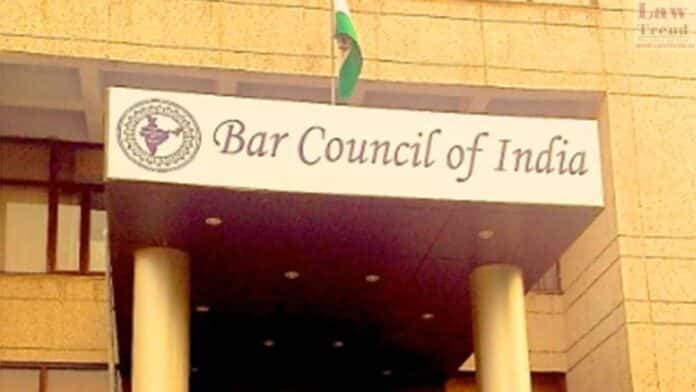The Bar Council of India (BCI) has strongly criticised the Society of Indian Law Firms (SILF) for raising objections to the entry of foreign lawyers and law firms in India, accusing the body of misrepresenting or selectively ignoring key aspects of the BCI’s newly amended regulatory framework.
In a press release dated June 18, the BCI addressed concerns raised by SILF regarding its 2025 Rules for Registration and Regulation of Foreign Lawyers and Foreign Law Firms in India. The BCI clarified that the rules do not permit foreign lawyers to practice Indian law, appear in courts, or represent clients before tribunals or statutory authorities. Instead, foreign legal professionals are limited to non-litigious advisory roles on foreign or international law, and international arbitration, strictly subject to oversight and a No Objection Certificate (NOC) from the Indian government.
“SILF does not represent the broad spectrum of Indian law firms. It functions primarily as a closed group dominated by a few large, well-established firms,” the BCI said, accusing the organisation of mischaracterising the amended rules to protect entrenched interests.
The BCI alleged that SILF’s resistance stems from a fear that foreign firms might choose to collaborate directly with small and mid-sized Indian law firms, thus bypassing larger, entrenched firms that currently dominate such partnerships.
“It is paradoxical that many of these very SILF member firms have already established offices abroad or formed informal tie-ups with foreign law firms, gaining significant cross-border legal work and commercial advantage for themselves, while resisting efforts that would allow others similar opportunities,” the BCI added.
The Council maintained that the 2025 rules aim to democratise the Indian legal sector by dismantling monopolies and opening global avenues for smaller and emerging Indian law firms and young lawyers. It said the decision to notify the new regulations in May 2025 was preceded by widespread consultation and met with “overwhelmingly positive” feedback.
Refuting SILF’s claim that Indian legal practice is being compromised, the BCI asserted that the amended rules are fully compliant with the Supreme Court’s 2018 ruling, which upheld restrictions on foreign lawyers’ involvement in Indian legal matters but allowed advisory roles in foreign law and arbitration.
The release, signed by BCI’s principal secretary Srimanto Sen, criticised SILF for failing to provide a substantive explanation of how the rules would harm Indian firms and lawyers. “Instead, SILF has relied on vague assertions and avoided transparent discussion,” it said.
To ensure wider engagement, the BCI announced its intent to hold a national-level conference in Mumbai this September, inviting views from law firms across the country, particularly those from smaller and upcoming firms. A high-level committee has also been constituted to review feedback and continue consultations.




